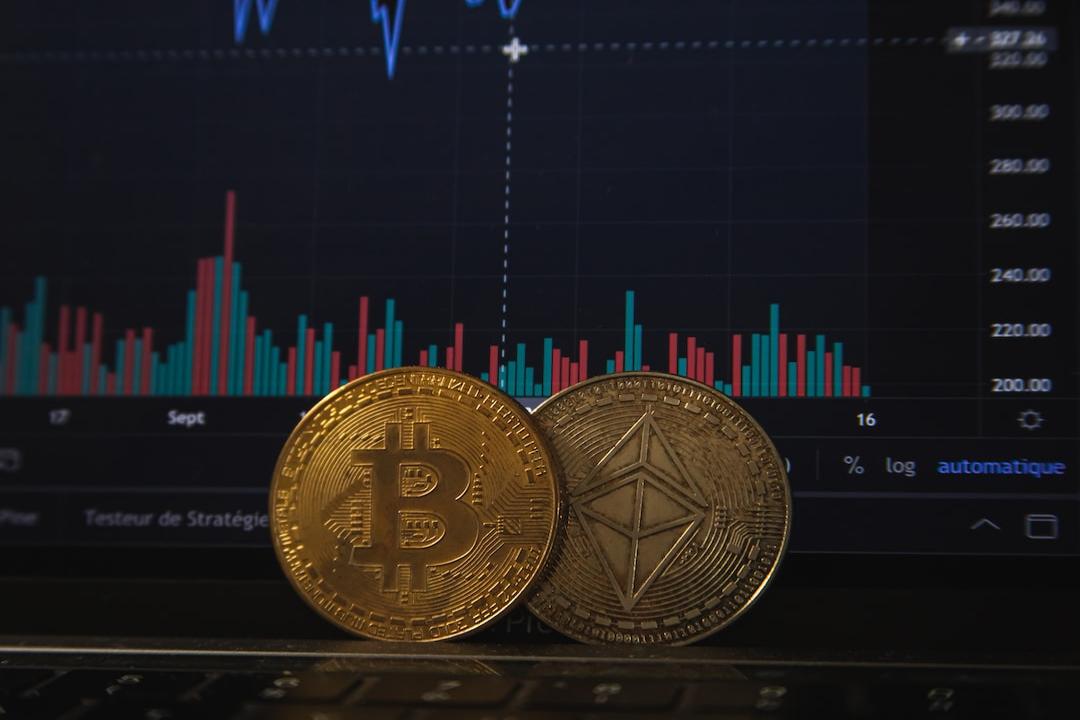A group of 24 cryptocurrency companies has united to create the Taiwan Virtual Asset Service Provider (VASP) Association, with the goal of establishing self-regulatory standards for the digital asset industry in Taiwan. The association, announced on June 13, has appointed Titan Cheng, founder and CEO of BitoPro, as chair, and Winston Hsiao, chief revenue officer of XREX, as vice chair.
The consortium is dedicated to promoting fair and effective regulations that support the global expansion of blockchain finance. Working in cooperation with the government, the Ministry of Justice, and law enforcement agencies, the association aims to combat fraud and other criminal activities within the industry.
XREX, as a member of the association, plans to contribute technology, industry expertise, and infrastructure to develop a collective defense platform and establish international transfer guidelines that align with Taiwan’s standards. This includes creating currency flow scanning and tracking technology that matches Taiwan’s money laundering and fraud patterns.
The formation of the VASP association follows a proposal by Taiwan’s Justice Ministry to amend Anti-Money Laundering (AML) regulations for virtual asset service providers. Noncompliant entities could face up to two years in prison or fines of up to $1.5 million.
Taiwan’s Financial Supervisory Commission (FSC) has also announced intentions to introduce new digital asset regulations in September. Hsiho Huang, a director from the FSC, believes that the association will enhance industry cooperation, compliance, and standardization, ensuring consumer protection and industry stability.
Taiwan is preparing to impose restrictions on offshore cryptocurrency exchanges operating within its borders unless they register accordingly. Last year, the FSC drafted ten guiding principles for VASPs to establish self-regulatory rules, focusing on information disclosure, virtual asset listing standards, and asset separation and custody.
The FSC plans to strictly prohibit illegal business solicitation by foreign crypto firms, requiring them to register and comply with anti-money laundering regulations to operate within Taiwan. Failure to do so will result in these firms being prohibited from soliciting business from Taiwanese residents.


